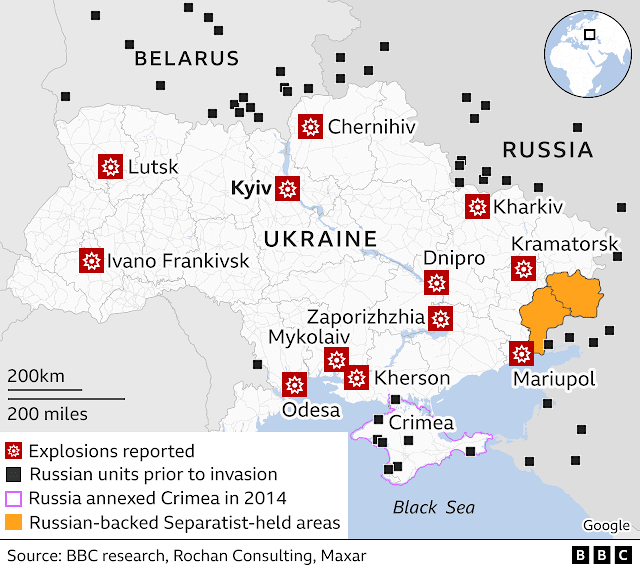TOPIC: Turkey and Armenia Attempt to Normalise Relations, But Can the Past Ever Truly be Forgotten?
Turkey and Armenia, two neighbours with a mixed past, will mutually appoint special envoys to discuss steps to normalise ties. The steps were announced by the Turkish foreign minister, who also announced the resumption of chartered flights between the two nations capitals. This comes despite historic difficulties between the pair of nations, with the borders having been closed for decades and diplomatic relations placed on ice. Even in 2009, when the two nations reached a peace accord, the deal was never ratified and ties have remained strained.
A Brutal Past
The history between Turks and Armenians is a troubled one, spanning many centuries. In recent times it has come under particular strain, following the Armenian genocide that took place during the First World War. Herein, a grand, historical population of Armenians lived under the Ottoman Empire in Eastern Anatolia. This population though living in relative peace in the diverse empire, had already been subjected to massacres by the Ottoman authorities in both the 1890s and 1909. From the 19th century onwards, the Ottoman Empire witnessed a collapse in its territory, military strength and international prestige. There was a fear within the Ottoman hierarchy that Armenians might also make a play for independence. Thus, with the outbreak of World War One, during which Russian troops advanced towards Eastern Anatolia, Ottomans massacred local Armenians. In the early years of the war this was a haphazard reaction to perceived indications of Armenian resistance, though there is no evidence of a formalised rebellion beginning to take shape. In 1915, the Ottoman authorities decided to take a more systematic and genocidal approach to forestall the possibility of Armenian autonomy or independence. In Constantinople, Armenian leaders were rounded up, arrested and deported. In Eastern Anatolia, 800,000-1.2 million Armenians, including women, children and the infirm, were sent on death marches to the Syrian Desert.
Those Armenians were subject to massacres and rapes on a genocidal scale. Those who survived the march were placed in concentration camps, whilst 100,000 to 200,000 women and children were forcibly converted to Islam. These actions continued across the following decade. This resulted in the destruction of Armenian civilization in Eastern Anatolia. Syriac and Greek Orthodox Christians were also severely persecuted during this time. Despite this wealth of information and a consensus by historians on the matter, Ankara still refuses to recognise the affair as genocide, embittering modern relations.
Modern Issues
Yet it is not just the past that has soured Turkish-Armenian relations. During the Nagorno-Karabakh conflict last year, Anakinra vocally supported Baku and even threatened military support. Nonetheless, Ankara and Yerevan seem intent on pushing the past to the side in order to focus on the future. The Armenian Foreign Ministry said on Tuesday that it will appoint a special representative to normalise relations with Turkey. Indeed, the Armenian foreign minister stated Armenia's willingness to normalise relations with Turkey without preconditions.
For now, it is Moscow that holds the peace together in the Caucuses. Russia brokered the peace deal last November between Armenia and Azerbaijan and it is now Russian troops that patrol Armenia's borders. Until Armenia and its enemies can sort out their differences, it will likely rely on Russian strength to ensure its territorial integrity.
 |
| Victims of the Armenian genocide. Image source: https://www.france24.com/en/20100311-turkey-recalls-ambassador-sweden-armenian-genocide-vote-world-war-one-usa |


Comments
Post a Comment